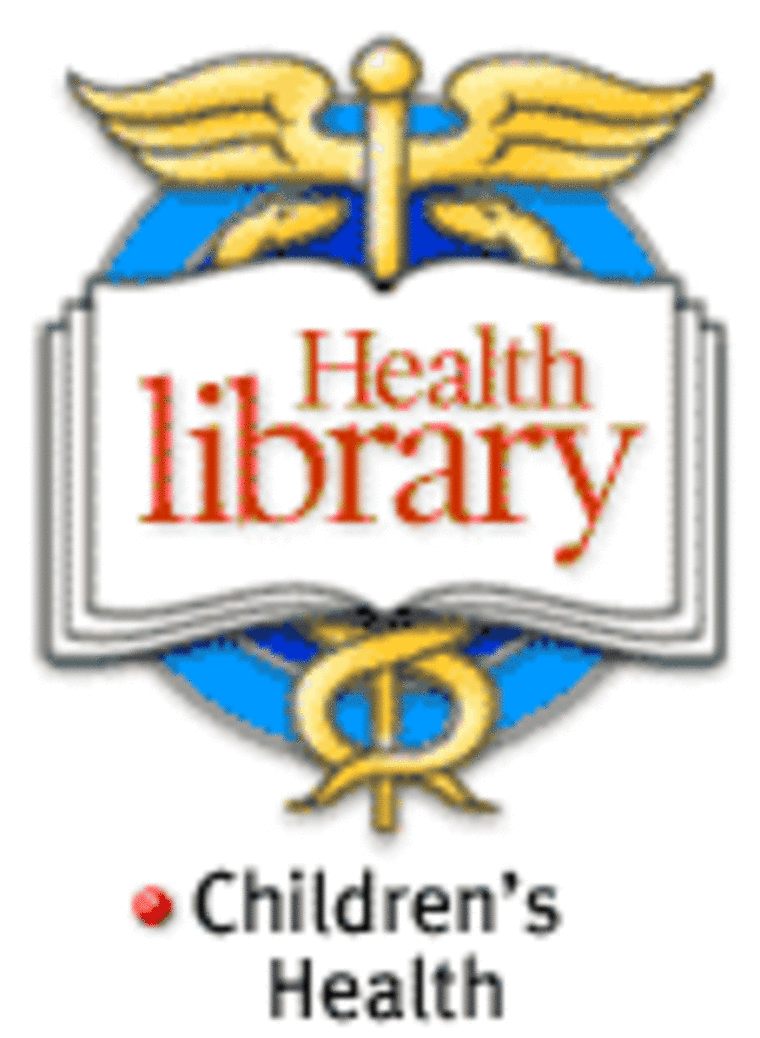Today, the American Academy of Pediatrics reverses a long-held recommendation regarding the home treatment of childhood poisonings. For over 20 years the AAP has recommended that parents of young children keep on hand a one-ounce bottle of syrup of ipecac, a medicine that causes vomiting, to be used on the advice of a poison center for the emergency treatment of certain kinds of poisonings.
THE AAP is now advising that syrup of ipecac should no longer be used routinely and that parents should safely dispose of any syrup of ipecac that they currently have at home.
Syrup of ipecac has been on the market since the 1960s. The idea that a stomach containing a poison should be rapidly emptied always seemed logical, and giving an emetic — a medicine to cause vomiting — seems a reasonable way to accomplish that. Syrup of ipecac was thought to be a relatively safe emergency medicine for home use.
However, things have changed since the AAP’s original recommendation. Serious childhood poisoning are far less common today than they once were. And, childhood poison fatalities are now rare. In the 1940s, there were about 500 childhood deaths per year from poisoning; today that number is down to 25 or less. This is due, in part, to safer products, safer packaging, better consumer education, and the development of regional poison information centers to provide rapid advice to parents and doctors. But syrup of ipecac has not played a role in this happy story. In fact, poison specialists rarely recommend syrup of ipecac anymore. In 1985, poison centers recommended syrup of ipecac for as many as 15 percent of their childhood ingestions. Today, the recommendation is made for fewer than one percent of ingestions. And emergency rooms have essentially stopped using syrup of ipecac, as well.

Although syrup of ipecac once seemed a good idea, there is evidence that it is unreliable and relatively ineffective in preventing poisons from getting from the stomach to the bloodstream. One study showed that syrup of ipecac empties, on average, only about one quarter of the stomach’s contents. Furthermore, the medicine sometimes has its own side effects, making some children lethargic and causing others to continue vomiting for a prolonged period of time.
Additionally, critics of syrup of ipecac note that the product is sometimes chronically abused by individuals with bulimia, and it has been implicated repeatedly in a form of child abuse, where caretakers have intentionally and repeatedly fed it to children in their care. Repeated ingestion of syrup of ipecac can result in serious heart damage.
Some experts have suggested that parents replace their home syrup of ipecac with another poison remedy: activated charcoal, now the most frequently used poison treatment in emergency rooms. However, the AAP says in its statement today that activated charcoal has not yet been shown to be effective in home use. Charcoal is messy; it is poorly accepted by children; and it does not store well. Therefore the Academy recommends neither ipecac nor charcoal for routine home use.
The American Academy of Pediatrics recommends that parents safely dispose of any syrup of ipecac that they currently have at home. Additionally, parents should take the following steps to reduce childhood poisoning:
Store medicines and household chemicals safely out of reach, out of sight, and in their original containers.
Use child-resistant packaging for home chemicals and medicines as required by law and replace safety caps securely after every use.
Safely dispose of all outdated and no-longer-needed medicines safely.
Post the universal toll-free poison center phone number, and use it as the first line of advice when parents suspect that a child has swallowed or come in contact with a poison.
The universal poison center number in the United States is (800) 222-1222.
Mark Widome, M.D., MPH is professor of pediatrics at the Penn State Children’s Hospital and a regular contributor to the “Today” show. His latest book, “Ask Dr. Mark: Answers for Parents,” is published by the National Safety Council.